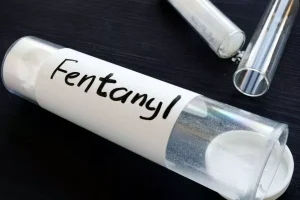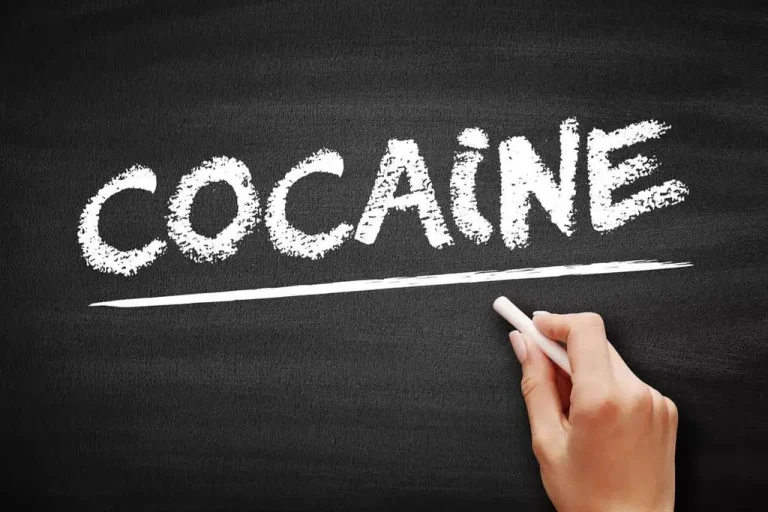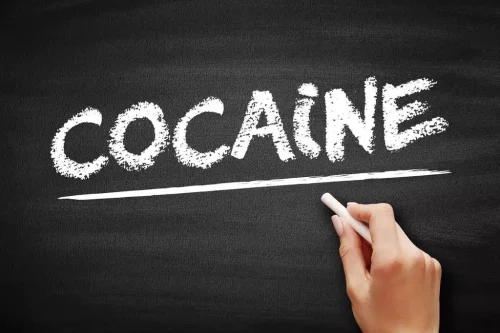
Genetics can play a role in an individual’s propensity to bruise, but alcohol consumption can exacerbate bruising regardless of genetic factors. Alcohol-induced bruising may take longer to heal due to alcohol’s impact on blood clotting mechanisms and potential vitamin deficiencies. Consuming enough water is one efficient way to promote optimal hydration. Consider drinking a glass or two of water before indulging in your favorite alcoholic beverage. One method is alcohol and bruising to alternate between alcoholic beverages and glasses of water.
Begin Your Path to Recovery
Microscopic analyses of early blood cell precursors grown in tissue culture suggest that when the cells are exposed to a wide range of alcohol concentrations, the membrane surrounding each cell is damaged. These alterations in membrane structure may play an influential role in vacuole formation. To detect blood disorders, physicians frequently examine small blood samples (known as blood smears) under a microscope and assess the appearance, size, and number of the various blood cells. Each type of blood cell has a characteristic appearance that allows its identification in blood samples. Moreover, the proportion of the different cell types in the blood is relatively constant. Consequently, physicians can diagnose many blood disorders based on changes in the appearance or proportion of certain blood cells.
Medical Professionals

They can change into various colors, including yellow, orange and green, as they evolve over a week or so. What you’re technically experiencing there is a drop in your blood pressure, which causes the heart to work a little harder than usual to pump blood to the rest of your organs. That vasodilation also happens to be responsible for the flushed sensation of heat you sometimes get in your face when you drink.

Stomach issues

One of the diagnostic criteria that points toward an alcohol use disorder is continuing to drink, even in the face of consequences. These consequences can include relationship problems, difficulty fulfilling duties at work or home, or a worsening of health problems. If a person continues to drink despite health-related problems, bruises after drinking may be a consequence that arises from alcohol misuse. During normal neutrophil production in the bone marrow, G-CSF promotes the multiplication and functional activity of neutrophils. The studies found that G-CSF stimulated neutrophil recruitment specifically to the site of an infection and ameliorated the alcohol-induced impairment in the defense against bacterial infections. Another way to identify blood disorders is to perform a complete blood count (CBC), in which a machine counts all the cells within a blood sample.

Sit carefully

Many factors can contribute to the development of bruises, including age, medications, and genetics. One common question that arises is whether alcohol consumption can cause bruising. Let’s explore this question and delve into the relationship between alcohol and bruising. Alcoholics tend to bruise easily because of the blood vessels in their body breaking down. Alcoholics may also have darker bruises due to the increased amount of blood in their body. If you notice that you or someone you know is bruise easily, it may be a sign of alcoholism.
What we don’t know: The significant limitations of alcohol-related health research
- Some researchers have suggested that alcohol intoxication itself, rather than alcohol-related nutritional deficiencies, causes the decrease in platelet numbers.
- Bruising comes into play when you bump a part of your body on a hard surface, causing blood vessels to rupture.
- One of the most apparent causes of a bruise the morning after a night of drinking is that you physically bumped into something the night before.
- Yes, alcohol can affect your blood clotting by thinning the blood and reducing the ability of platelets to clump together, which can lead to easier bruising and bleeding.
- In tissue-culture experiments using nylon fibers to mimic this adherence, neutrophils could not adhere to the fibers if the blood samples were incubated with alcohol.
- Assessing the risks and benefits of alcohol consumption remains an active area of research that may lead to major changes in official guidelines or warning labels.
You might be drinking too much if you need alcohol to relax, if alcohol rehab you can’t control your drinking, if it’s affecting your responsibilities or relationships, or if you experience withdrawal symptoms when not drinking. Bruising after drinking alcohol can be linked to deficiencies in vitamins like vitamin C and K, and minerals like zinc, which are important for skin health and healing. When you get a bruise, an injury crushes blood vessels, but the skin doesn’t break, so there’s no external bleeding. For millions of people, it’s a regular part of the dining experience, social and sports events, celebrations, and milestones. And the alcoholic beverage industry is a major economic force, responsible for more than $250 billion in sales annually in the US. Individuals with thin or sensitive skin may be more prone to bruising, regardless of alcohol consumption.
Addiction Therapist: What They Do & How to Find the Right One
- All types of alcohol can contribute to bruising, as it’s the alcohol content itself that affects blood thinning and blood vessel fragility.
- Alcohol interferes with the function of the monocyte-macrophage system, with clinically significant consequences.
- These limitations make it hard to know how much to rely on studies that find health risks (or benefits) to alcohol consumption.
- The blood may not clot as easily following injury as a result of their blood-thinning properties, leading to increased bruising.
- This can help identify accident-prone behaviors to be more mindful of in the future.
- Second, alcohol dehydrates the body, making skin more delicate and prone to bruising.
Your liver can begin to develop fatty deposits because of alcohol exposure, and that fat makes it harder for your liver to work effectively. If you keep drinking, your liver can swell, and cells within the liver can die. If the https://ecosoberhouse.com/ scarring is extensive, the liver may not be able to do its vital work. According to UPMC, your liver contains about 10 percent of your total blood supply at any given time. When you’re drinking alcohol, your liver is working hard to process the toxins from your blood, but that work takes time. When you drink so much that your liver cannot keep up with the amount you’re drinking, intoxication can take hold.